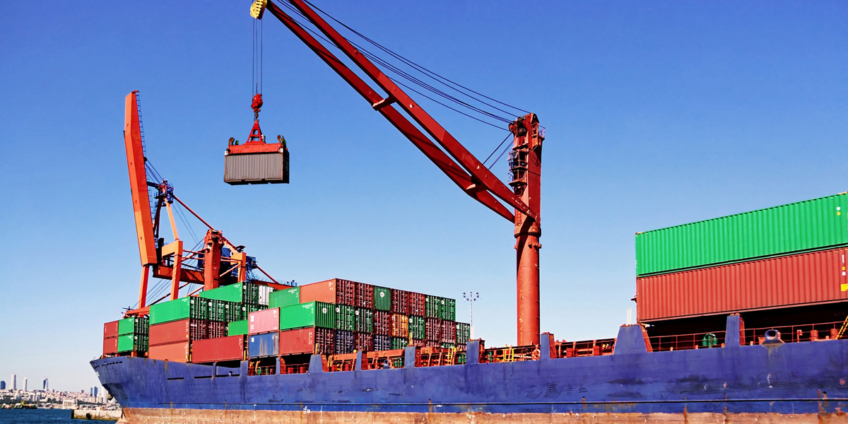Ghana is ranked 12th among African countries that exports to countries that are signatories to the African Continental Free Trade Agreement, according to the International Monetary Fund Trade Statistics.
The country accounts for 17% of total exports to the 54 member nations of the African Continental Free Trade Agreement.
This comes as a good omen for the economy because businesses and traders can leverage and compete favorably with their peers on the continent despite the relatively high cost of borrowing.
However, intra-African trade still remains low though that of ECOWAS has improved significantly. The country trades more with Europe than any other continent.
But West Africa accounted for almost 29% of Non-Traditional Exports (NTEs) from Ghana in 2019, increasing the market share by a substantial 12.7%.
Burkina Faso and Togo were the biggest importers from the country.
An increase in exports will generate more revenue for the nation and boost trade surplus. This will accordingly help stabilize the cedi and enhance economic growth.
In terms of the intra-African trade, Rwanda is ranked first with 46.6% of total exports, followed by Lesotho which controls 39.9% of African exports.
Neighboring Benin and Ivory Coast are the only two ECOWAS nations, placing 9th and 10th respectively, ahead of Ghana.
Exports to ACFTA signatories as share of total exports (%)
| Country | Exports (%) |
| Rwanda | 46.6 |
| Lesotho | 39.9 |
| Uganda | 37.6 |
| Kenya | 35.4 |
| Namibia | 35.1 |
| Ethiopia | 30 |
| South Africa | 26.5 |
| Zambia | 23 |
| Ivory Coast | 22.5 |
| Benin | 21.1 |
| Mozambique | 20.1 |
| Ghana | 17.7 |
| Egypt | 14.4 |
| Nigeria | 12 |
| Cameroon | 10.7 |
| Tunisia | 10.5 |
| Morocco | 7.6 |
| Angola | 5.6 |
| Rep. Congo | 5.5 |
| Seychelles | 3.9 |
| Cape Verde | 3.1 |
| Gabon | 1.2 |
According to the IMF, the impact of trade liberalisation in Africa should be positive for the region’s economic potential, but the scale of the impact is likely to be small.
A study by the AU Commission and Organization for Economic Cooperation and Development in 2019 estimated that “removing all tariffs on intra-African trade could boost Gross Domestic Product or total value of goods and services produced in an economy within a period by only 0.65%. This figure however would rise to 3.15% if all non-tariff barriers are also removed.”
The study emphasised that increasing trade integration could support manufacturing investments and productivity gains, but will materialize only in the long term.
Latest Stories
-
State of the Nation Addresses must reflect what they are meant to be – Dwamena-Aboagye
4 minutes -
EOCO freezes Prestea-Bogoso Mine acquisition process amid fraud investigation
6 minutes -
Thousands relive the old times at Joy FM 90s Jam
59 minutes -
Trump to be sentenced over hush money case but judge signals no jail time
2 hours -
Livestream: Newsfile discusses SONA, National Honours and presidential inauguration
2 hours -
Come home, Ghana told African diaspora. Now some Black Americans take its citizenship
2 hours -
Give Ghanaians a break at the pump to kickstart the economy and secure Ghana’s energy future
2 hours -
Election 2024: Sovereignty at play
3 hours -
None of Akufo-Addo’s Agenda 111 hospitals functioning; $1.4bn needed to complete them – Omane Boamah
3 hours -
Akufo-Addo’s performance is below zero – Amakye-Boateng rates
4 hours -
Joy FM 90s Jam gives patrons pleasant treat at 2025 edition
6 hours -
Dr Amakye Boateng criticizes Akufo-Addo’s government for weakening judiciary
9 hours -
We need to consider shifting the date for elections – Bullgod
10 hours -
I’m proud of his current team – Bullgod commends Shatta Wale for performing at Vybz Kartel’s concert
11 hours -
Michael Baidoo joins Plymouth Argyle in record deal until 2028
12 hours

